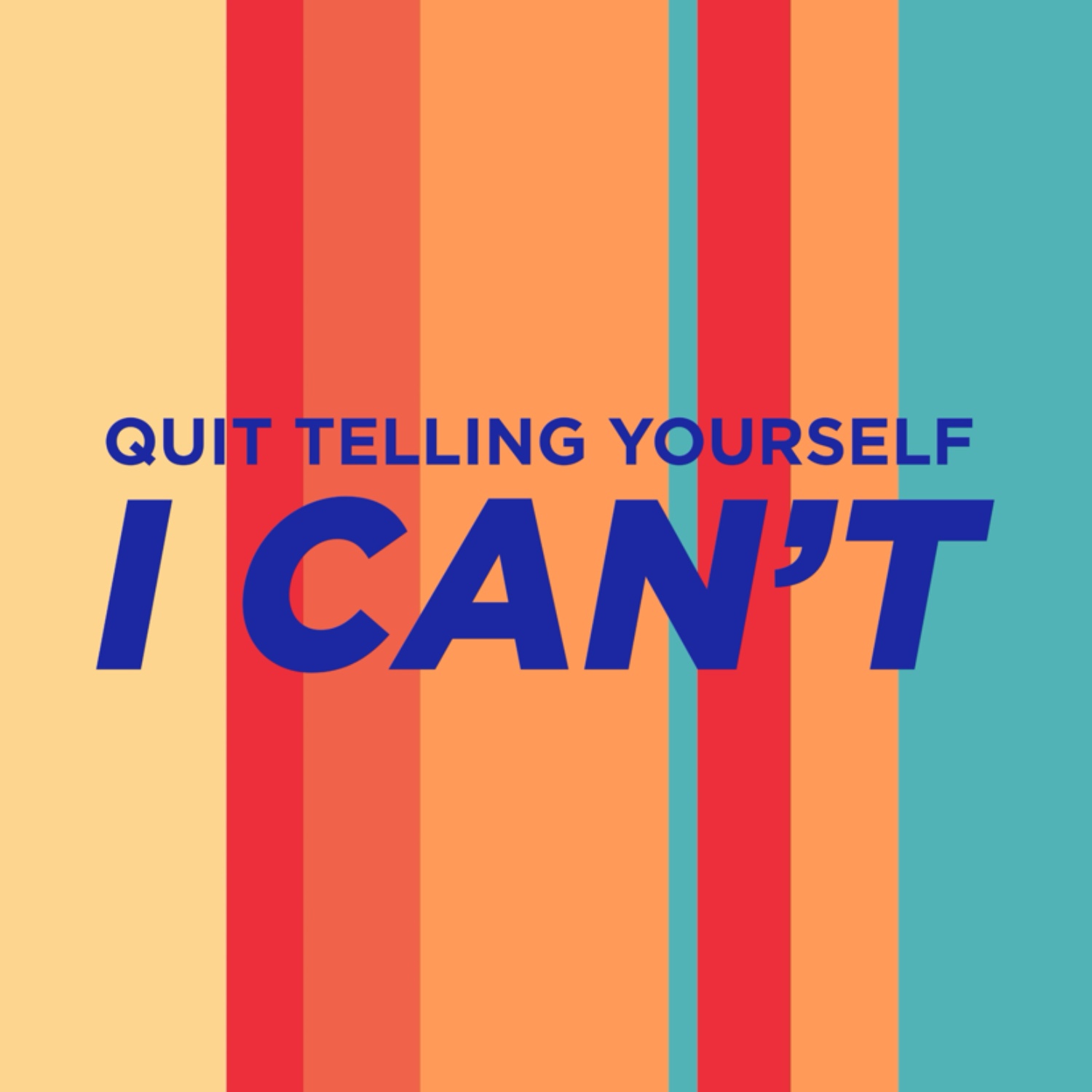Stoicism, for all its nobility, places a crushing weight on you. It says, "Life is hard; you must be harder." It's a philosophy for the tough-minded and the strong-willed.
But what if you're not strong? What if your will is broken? What if your heart is shattered?
The Gospel is good news precisely for you.
It does not say, "Be stronger." Christ says, "I will give you strength."
It does not say, "Control your emotions." Christ says, "Feel your honest emotions and bring them to me."
It does not say, "Find the answer within yourself." Christ says, "The answer is a Person, and I will come and live within you."
The Stoic says, "Life is hard, then you die."
Paul says, "For me, to live is Christ, and to die is gain." That is a better way.
So please think with me about...
3 Reasons to Quit Telling Yourself Life is Hard, Then You Die
1. Because God invites you to stop enduring your life and start enjoying his grace.
The Stoic way is the way of endurance. It's you, alone, gritting your teeth and bearing the weight of the world. "Life is hard; you be harder." All you've got is your toughness.
But Paul says, No. What you've actually got is your God.
"For I know that this will turn out for my deliverance through your prayer and the supply of the Spirit of Jesus Christ..." (Philippians 1:19)
If you want to quit telling yourself life is hard, then you die, you have to factor in God. And when you factor in God, you have to see him as a Father who cares for you. A father who loves you, supplies you, watches over you, feels for you with tenderness and affection.
The Stoic says you must muscle it up from within. God says, "I will put it there first, I will give you the supply of the Spirit and answer the prayers of your family, and you will be well supplied."
This changes the entire goal of your life, which Paul explains in verse 20:
"...according to my earnest expectation and hope that in nothing I shall be ashamed, but with all boldness, as always, so now also Christ will be magnified in my body, whether by life or by death." (Philippians 1:20)
Growing up, I was taught that my job is to glorify God—it was my duty, my burden, my responsibility. To glorify Him, honor Him, obey Him, magnify Him. The core of my Christianity was a giant sense of duty. So verses that talked about that duty—like this one—always felt like a sledgehammer, and the way of Jesus always felt heavy.
But God was gentle with me. This thing called grace began to dawn on me, like a sunrise in the morning. More and more I began to see that Christianity not as a burden, but as freedom. Not the way of duty, but of privilege. Not the way of striving, but of receiving.
Because God is not glorified by what I do for him [works] but by what he does for me [grace].
The Stoics said life is hard, so be tough. But they never got around to saying, Life is hard, but God is good, so believe him. Let him take your hand and walk you through the busy streets of life. Let him revive you. Let him heal you. Let him provide for you. Let him fill you. Let him comfort you. Let him strengthen you. Let him guide you. Let him defend you. Let him teach you. Let him equip you. Let him arm you. Let him love you.
That is mental health right there. This is not grit-your-teeth endurance.
To magnify Christ means that Christ and his grace become so big in you that everything else becomes small by comparison. Yes, life is hard, but it isn't grim. Deep in your soul there flows a river of grace, and because there flows a river of grace, you can always find streams of joy.
God invites you to stop enduring your life and start enjoying his grace... all that ever takes is a little bit of faith. That's the first reason to quit telling yourself Life is hard, then you die.
